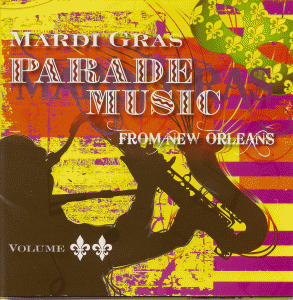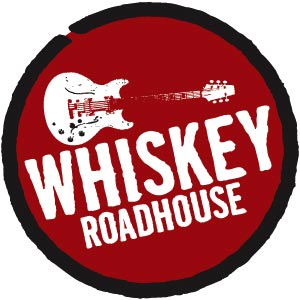 (This entry was originally written on March 8, 2011. It is only now that I have finished the editing and gotten it posted.)
(This entry was originally written on March 8, 2011. It is only now that I have finished the editing and gotten it posted.)
It’s Mardi Gras today, Fat Tuesday in English, though that lacks a certain je ne sais quois that makes it interesting. It’s the Tuesday before Ash Wednesday, the 40 days of atonement, fasting and sacrifice to honor the the great sacrifice made by Jesus. Some pretty heavy stuff, in fact. Back in the day when people took Lent really seriously, Lent was a was an intense season. People didn’t just give up chocolate for 40 days or abstain from meat on Fridays by ordering a large mushroom pizza. They might entirely abstain from food and drink for days, pray for hours on end or whip themselves with leather. In such austere times, Mardi Gras was the last opportunity committ all the sins you’d neglected since the end of Lent the year before, an opportunity to really go wild. Quite a few cities in the United States have some sort of Mardi Gras festivities, but New Orleans is first among them. No city’s celebrations are bigger or better.
Another thing New Orleans is known for is Jazz. It is called the Birthplace of Jazz for good reason. Like everywhere else in America, the area was originally inhabited by Native Americans, then colonized by the French, ceded to the Spanish as the result of war, returned to the French, and then sold to the Americans as part of the Louisiana purchase. Throughout all of this the mighty Mississippi took goods from the northern part of the continent to the Gulf of Mexico, and goods from all parts of the world in the other direction. Though in the heart of the South, New Orleans had both slaves and free blacks that lived there or that passed through regularly. They played drums and sang, free of the prohibitions against these things in most other parts of the South. This was the fertile, culturally diverse environment that allowed for the germination of the a musical genre we now know as Jazz. It could only have happened there.
The George H. Buck, Jr. Foundation and the Jazzology group of record labels in New Orleans were founded to preserve the heritage of Jazz and to foster its continued development. They have become an essential part of the New Orleans cultural landscape, preserving not only New Orleans Jazz, but Jazz and related genres in all their variety. Some of the new releases are well worth checking out.
Continue reading →










